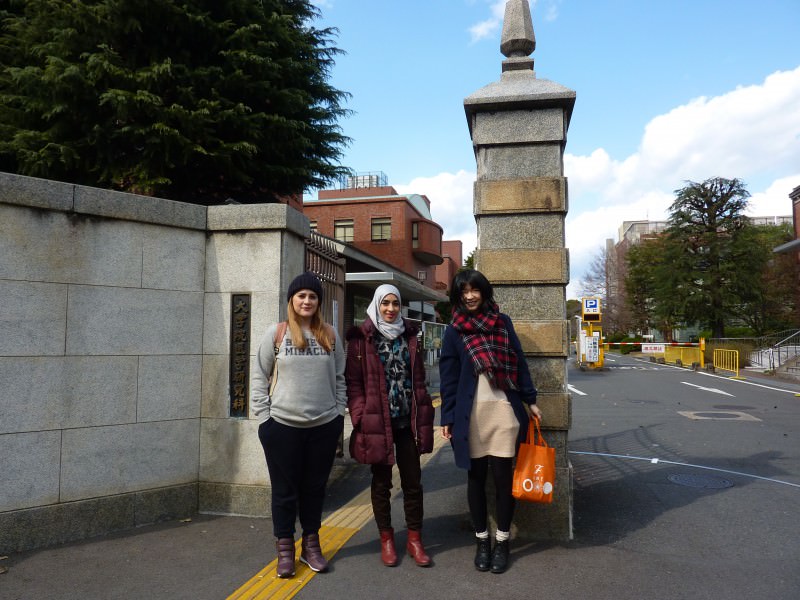All About the EJU (The Examination for Japanese University Admission for International Students)
2018.03.26

Just when you thought the JLPT (Japanese Language Proficiency Test) was the only thing you needed to worry about to study abroad in Japan… what’s this EJU business about? While the JLPT is, much like the name implies, a test of Japanese language ability, the EJU tests students not only on their Japanese ability, but on other subjects like math, science, and social studies.
While the JLPT is often required for shorter term study abroad of a semester or a year, the EJU is often a requirement of universities in accepting international students as full-time four-year students. Essentially, it’s testing students to see where they stand in relation to Japanese students with an education from Japanese high schools. The test is administered by JASSO (the Japan Student Services Organization) in cooperation with the Japanese government.
What’s on the test?
The test is divided into four subject sections.
1. Japanese as a Foreign Language, 125 minutes
2. Science (Physics, Chemistry, Biology), 80 minutes
3. Japan and the World, 80 minutes
4. Mathematics, 80 minutes
Students are required to take the Japanese language section of the test in Japanese, but the other subjects may be taken in English. Students can opt to take all of the subjects, or just a few of them, depending on the requirements of their university.
Be advised that test fees vary based upon test locations and number of subjects taken. Please see this link for more (https://www.jasso.go.jp/en/ryugaku/eju/index.html).
When is the test? Where can I take it?
The EJU is offered twice a year, in June (with application from February to March) and November (with application from early to late July). Applications can be made either online or by mail.
The test is primarily offered in Japan, but it’s administered in several countries across Asia as well. For an up-to-date list of test sites, please see here (https://www.jasso.go.jp/en/ryugaku/eju/examinee/site/index.html).
The typical application process will begin with universities announcing their requirements on the EJU, at which point students should first take the test, and then apply to the university of their choice. The university will request the student’s EJU scores, and later contact the student with their decision on acceptance or rejection.
Some universities may offer pre-arrival admission, in which students may apply for admission from abroad with their EJU scores. This option, however, varies by university, and is largely only viable for students living close to overseas test sites, which are currently only available in Asia.











